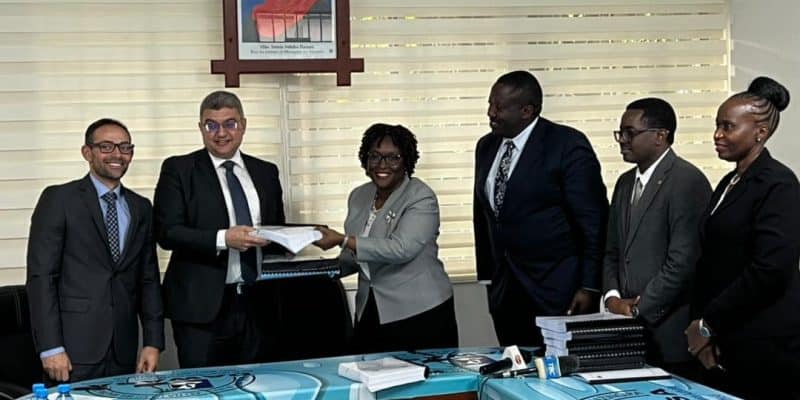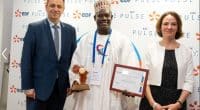UAE-based Metito has signed a contract with the Dar es Salaam Water Supply and Sanitation Authority (DAWASA) to build a wastewater treatment plant in the Tanzanian economic capital Dar es Salaam. Construction is scheduled to begin in April 2023.
The Tanzanian government wants to strengthen liquid sanitation in Dar es Salaam, Tanzania. The Dar es Salaam Water Supply and Sanitation Authority (DAWASA) has appointed Metito to build a new wastewater treatment plant in the Tanzanian economic capital, precisely in Mbezi Beach, an area of the Kinondoni district.
The Emirati company Metito will be responsible for the construction of the future plant, which is expected to start work in April 2023. The plant will have a capacity of 16,000 m3 per day.
Commissioning of the plant in 2024
Metito will use conventional activated sludge technology in the Dar es Salaam plant. In this process, a multi-tank reactor uses a high concentration of microorganisms to degrade organic matter and remove nutrients from the wastewater to produce “high quality water. For the Dar es Salaam plant, the treated wastewater will be returned to nature, reducing pollution of soil and waterways.
The UAE company will also install anaerobic digesters to ensure the stabilization and maintenance of the quality of the sewage sludge. But also to produce biogas that will be used by the combined heat and power (CHP) system. The aim is to reduce electricity consumption by almost 40% at the maximum capacity of the future plant.
Read Also – Urban sanitation, a major challenge for sustainable cities in Africa
Metito has 18 months to deliver the treatment plant. Under the terms of the contract signed on March 22, 2023, the company will also operate, maintain and service the Dar es Salaam wastewater treatment plant for three years, in collaboration with the Dawasa team. The project is co-financed by the Tanzanian government and the World Bank.
Inès Magoum







